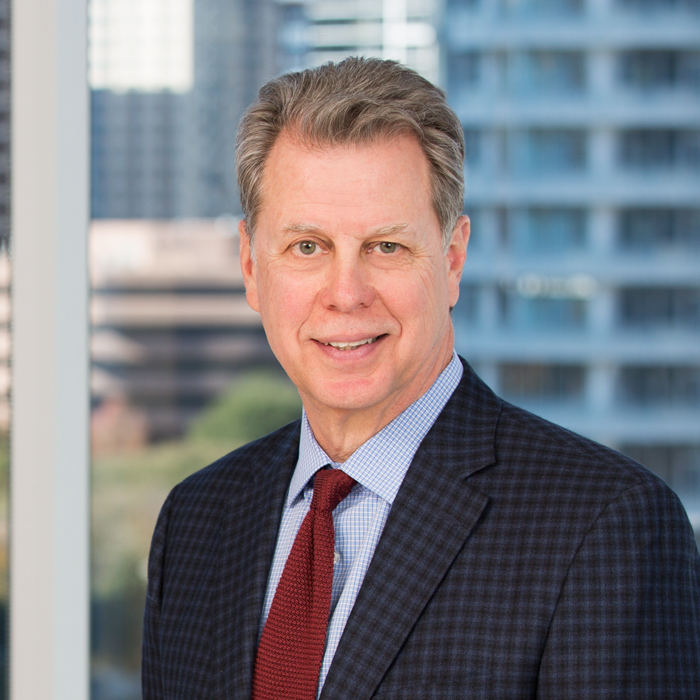By Paul Watler
One of the delights of practicing trial law, particularly in the First Amendment arena, is that every case is different and many are exciting.
I’ve argued to unseal court records while Oklahoma City bomber Tim McVeigh was seated a few feet away. I’ve had the pleasure of winning libel suits with subject matters ranging from the JFK assassination to the Branch Davidian shootout in Waco to the story of a lost dog named Sunshine. Moments after arguing in court that a South Texas sheriff had no right to compel the disclosure of confidential sources who accused him of consorting with drug dealers, I watched in my rear-view mirror as a sheriff’s patrol car speeded up behind me with lights flashing on a lonely rural highway.
Just when you think you’ve seen a lot, something different comes along. Last week had a courtroom first for me. I watched my newspaper-reporter client testify as a government witness in a terrorism trial. In more than 22 years of representing the newspaper and other media organizations, this was the only time that one of my clients had to testify at a federal criminal trial.
While I watched a government lawyer walk my client through the details of a trip to the Gaza strip where the reporter followed the money trail of a Texas-based Islamic charity, I could not help but ponder the state of the First Amendment in a post-9/11 world.
Many times over the years I fielded calls from federal prosecutors fishing for reporter testimony. Usually, a round or two of lawyerly jawboning was the end of it. A few times, in dealing with more persistent U.S. attorneys, drawing attention to the attorney general guidelines was enough said. Some prosecutors were surprised that DOJ regulations required approval of the attorney general himself for the testimony they wanted. Once — in the halcyon days when the significance of Justice Powell’s concurring opinion in Branzburg v. Hayes was still a matter of active debate — it was necessary to argue a motion to quash, which a federal judge promptly granted.
But, in the time of Judith Miller, Wen Ho Lee, and Balco, all that seems a vestige of a bygone era. While I watched a government lawyer walk my client through the details of a trip to the Gaza strip where the reporter followed the money trail of a Texas-based Islamic charity, I could not help but ponder the state of the First Amendment in a post-9/11 world. DOJ lawyers almost chortled when I raised the specter of the reporter’s personal safety if he were sent back to the Middle East after testifying for the government at a terrorism trial. If the newspaper was so worried about the reporter’s safety, the editors could simply send someone else to cover the war on terrorism, a prosecutor wrote in response to our motion to quash. I guess the feds think experienced foreign correspondents are available at the snap of a finger.
I know it’s the prosecutor’s job to go after the bad guys and that the government wants every man’s evidence. But shouldn’t concern about the independence of the press have some weight in balancing the need for a journalist’s testimony? Indeed, before Sept. 11, 2001, it seemed that only courageous reporting by the reporter and the newspaper — not the actions of the government — drew public attention to American money flowing to terrorist groups in the Middle East. Isn’t that public service enough without making a journalist an agent of law enforcement?
The world changes and we change with it. Sometimes we feel good about it. But there are times when a lawyer wishes for the good old days.
The opinions expressed are those of the author and do not necessarily reflect the views of the firm, its clients, or any of its or their respective affiliates. This article is for informational purposes only and does not constitute legal advice.
